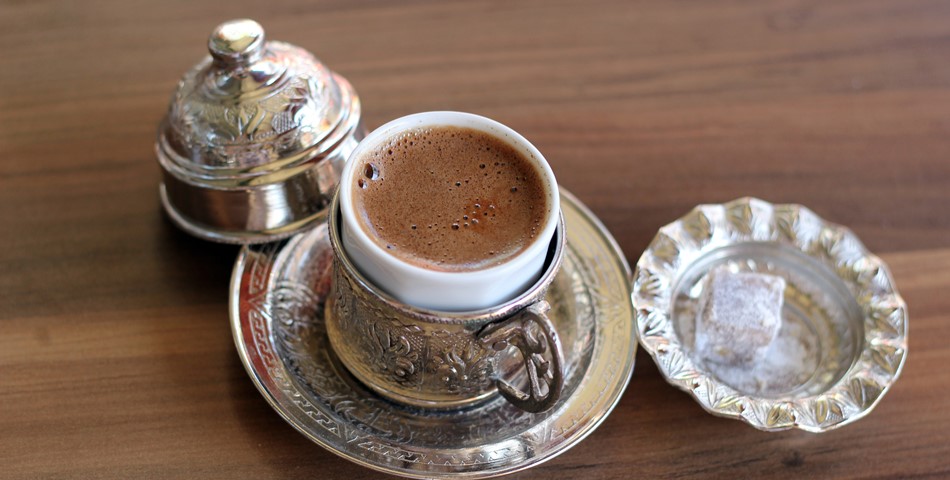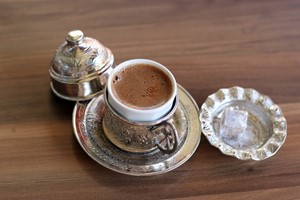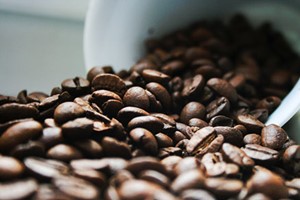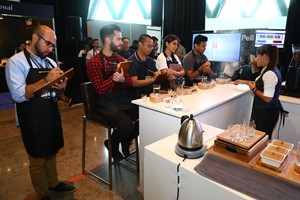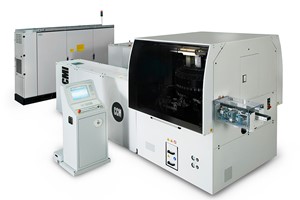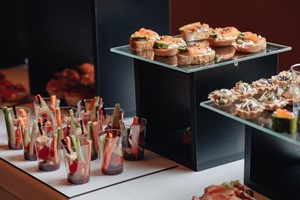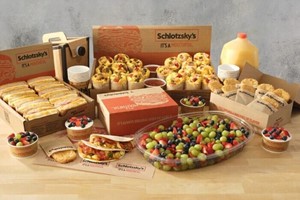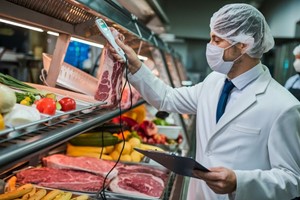Coffee shops in the Middle-East are among the most popular places for socializing. Coffee shop concepts, remain at the top at the trend whether American, oriental, European or specialty coffee shops, according to a report by hodema. Oriental coffee shops adapted to the local demand by adding shisha, Arabic and Turkish coffee blends along with oriental foods.


In the UAE, the variety of offer and sophistication in consumer expectation is driving coffee premiumisation and new coffee experiences. Good growth has been seen in premium offerings such as lattes and variants such as cappuccinos with cardamom, catering to local tastes. Experiences and storytelling in order to engage and connect with consumers in the United Arab Emirates is becoming front and center of brand strategy. High-quality coffee takes into account the origin, farm, flavor and the process of roasting. Fresh bean single-origin coffee beans are brewed to maintain their flavor, and several coffee shops are insistent on making the experience more than just a caffeine fix. The United Arab Emirates is emerging as a key trading hub with a healthy local demand, according to Euromonitor. Coffee is an inherent part of the Middle East and with the rising population and the predicted continued success of the hospitality industry in the run up to the Expo 2020, there is little doubt as to the growth landscape. In 2016, caf�s in Turkey continued to benefit from increasing consumer demand for coffee and the significant expansion of specialist coffee shops. Consequently, compared to the review period current value CAGR of 5%, caf�s/bars registered a stronger gain of 8%, according to another report by Euromonitor. Caf�s remained popular among Egyptians in 2016, with 14,145 independent players and 275 chained players operating in the country. Caf�s that offer shishas to consumers are very popular in Egypt, with young people enjoying meeting up at night in such premises to socialize, eat and enjoy a good shisha. Caf�s is expected to post a value CAGR of 2% at constant 2016 prices over the forecast period (2016-2020), an increase from the review period CAGR of 1%. According to sources, the peak of the crisis was reached in 2016, with any further fluctuations in the value of the Egyptian pound against the US dollar likely to be limited and a return towards stability now expected. Saudi Arabia's large population of young adults was the primary contributor to continued growth in current value sales for caf�s in the country in 2016, according to Euromonitor. Independents remained dominant within the category, claiming an overall value sales share of 82%. This dominance was in large part due to the success of independent outlets offering hookah smoking, an increasingly popular activity among both men and women. Chained caf�s outlets meanwhile rarely offer hookah smoking facilities, and their menus tend to be more expensive than those of independents. Specialist coffee shops is expected to see value sales at constant 2016 prices record a negative CAGR of 7% over the forecast period to fall to USD169.85 million in 2021.




